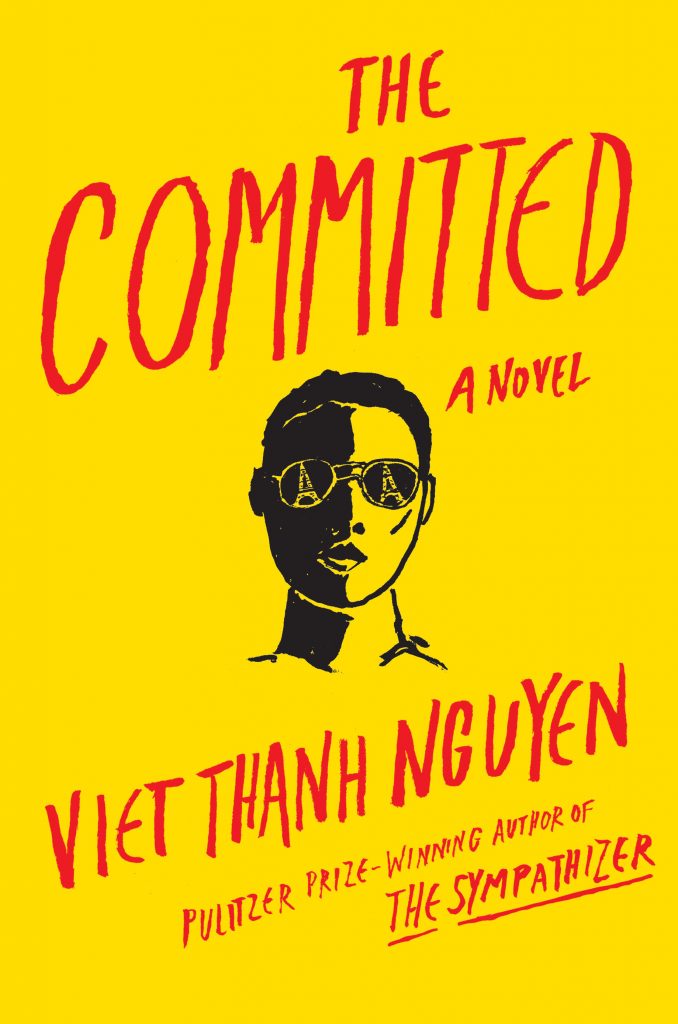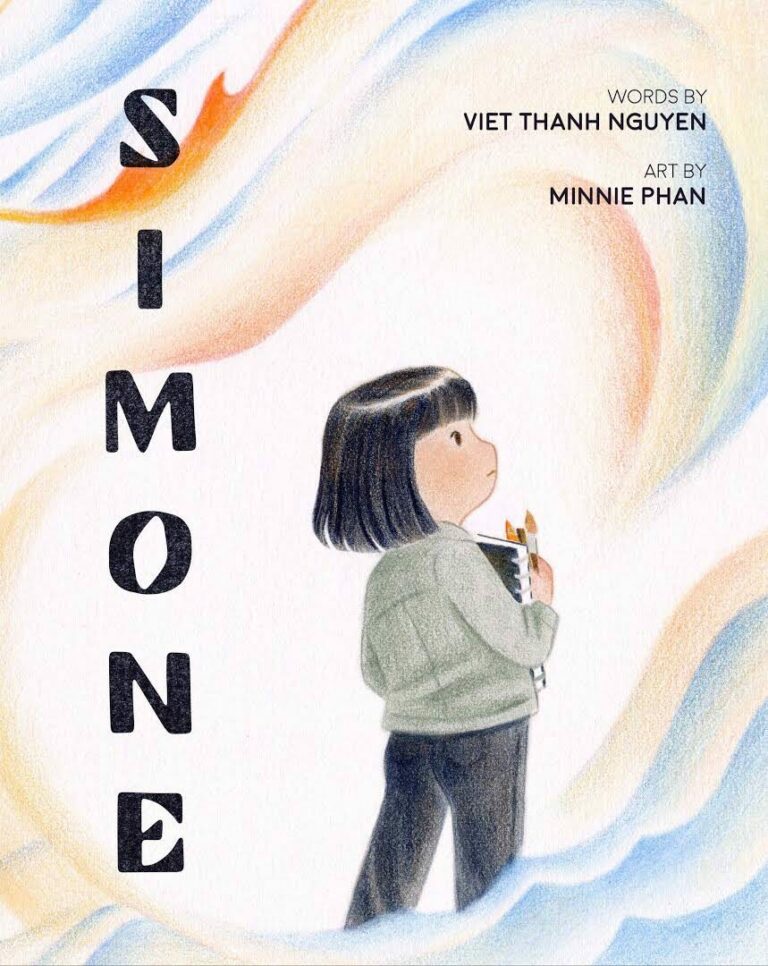David Canfield reviews The Committed for Entertainment Weekly.

For Viet Thanh Nguyen, the genre is the point. His debut novel, The Sympathizer, breathlessly weaved through fictional modes — mystery! thriller! comedy! — in its singular telling of a Vietcong spy secretly living in exile in the United States at the end of the Vietnam War, and now stands as a modern classic of war literature. (It won the 2016 Pulitzer Prize.) If sometimes hard to follow, that didn’t matter much — Nguyen’s voice was that assured, that distinctive, and that alive.
A few books later, and he’s back with a sequel — common to the spy canon, sure, but hardly so ubiquitous in literary fiction. The Committed picks up with our narrator in 1981 Paris, where instead of providing intelligence to the North Vietnamese army (and later breaking into Hollywood) as he did in his first book, he gets into a game of drug-running — and goes by new names, like Vo Danh. Our ever-conflicted hero, thrust into another set of philosophically rich contradictions, is all too pleased to ruminate: on the capitalist system to which he’s now contributing; the oppression he faces in France while being half-French; the nuances of assimilation; and, once more, deception.
Loneliness and isolation are at the book’s core. Vo Danh and right hand-man Bon arrive in Paris with bags “packed with dreams and fantasies, trauma and pain, sorrow and loss, and, of course, ghosts.” Nguyen once more trades in genre staples — crime fiction and gangster drama get particularly juicy play here — but he’s more dedicated than ever to the ideas behind them, the psychological experience of a life lived as haunted by war, colonization, disenfranchisement, and lies.
To be sure, the Vietnamese-American author’s rangy gifts reemerge in another exceptionally rendered treatise on identity and trauma. But the effort here shows; there’s more attempted by way of style and substance than, frankly, could ever realistically be achieved. In the end, the keen insights, caustic comedy, and thrilling formal confidence remain — but clunky, convoluted plotting gets in the way. It’s an original, all right, but not quite at the level of the original. Grade: B


